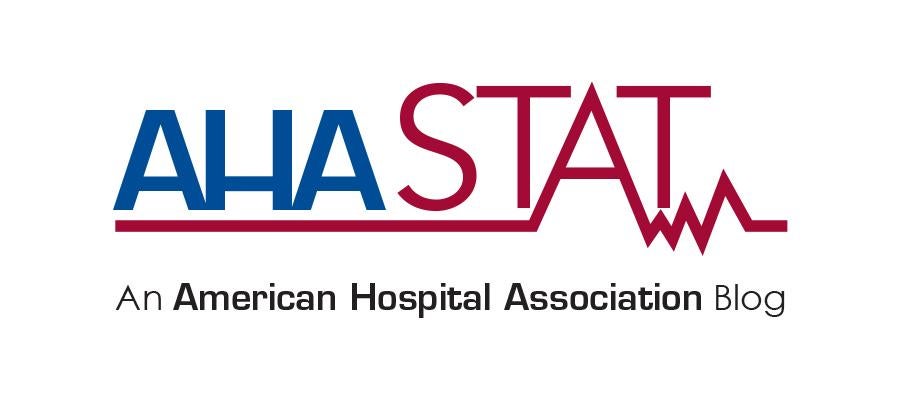Four keys to applying quality performance tools and tackling social determinants of health

The AHA Physician Alliance conducts regular Questions with Clinician Leaders podcast featuring physicians across the country sharing their views on key issues. This month’s focus is on addressing social determinants of health (SDoH), an effort fundamental to the Care Well value of the Alliance. Below are four keys to addressing SDoH using skills and resources your organization already has.
Adapted from Questions with Clinician Leaders: Rishi Manchanda, M.D., M.P.H., president and CEO, HealthBegins
Listen to the Podcast.
- Go upstream. The upstream movement looks at social issues before they become health care challenges. This idea is best understood through a story of three friends who hear cries for help as they run to a river and see some people drowning, some trying to swim to shore, and others struggling to hold friends above water. One friend is a strong swimmer and immediately jumps in to rescue those drowning. A second friend finds branches along the river to build a raft and helps people get on the raft. The two look around for the third friend and see her far upstream. In confusion they cry out, “Where are you going? Come back and help us!” The friend replies, “I’m going to find out who or what is throwing these people in the water and stop them.”
- You already have the tools, just adapt the goal. The real question around social determinants of health is how do we do this? With a continual shift in health care to value-based payment, we know we must address SDoH. As a result, upstream is becoming mainstream. Many hospitals and health systems are effectively using quality improvement and performance management tools to reduce “waste” in their process and treatment. Upstream quality improvement refashions those tools to not just reduce readmissions but to deploy and invite upstream partners to focus on specific populations, social determinants and outcomes.
- Get ready, get set, go! Pick a population – for example diabetic patients – with high hospitalization rates and look at the social needs related to their experience. Food insecurity is very likely to be one addressable social need. We know that 30 percent of lower-income diabetic adults have greater risk of being hospitalized at the end of the month due to low blood sugar because they don’t have money left to buy the food they need. If we want to prevent readmissions, why not look at food insecurity? If we can provide someone food at the end of the month and help them stay out of the hospital – why not start there? Get Ready – decide to do something; Get set – pick a population; Go – go upstream applying quality improvement process, refashioning the approach to make the goal doable.
- Start today. Plant a goal then start with one test of change, one opportunity to meet with an upstream partner such as a food bank and use data and rapid cycle approaches and other performance measure tools to see how we’re doing, test it out, and achieve early wins. That gets two things: 1) it improves outcomes for target populations, and 2) it builds capability, efficacy, and confidence among the team – physician leaders and other executives – allowing the entire organization to move upstream.
Elisa Arespacochaga is vice president of the AHA Physician Alliance.
Related News Articles
Headline
The Departments of Health and Human Services and Agriculture Jan. 7 released updated dietary guidelines for Americans. The new guidelines suggest prioritizing…
Headline
Thomas Lee, M.D., chief medical officer of Press Ganey and editor-in-chief of NEJM Catalyst, explores why social capital is becoming the most critical asset in…
Headline
An AHA blog examines how the Cleveland Clinic’s food-as-medicine strategy reaches far beyond clinical care by using a multi-angle approach to food access and…
Headline
A blog published Oct. 21 breaks down the pressures driving physicians toward employment, including financial strain and administrative burden. The blog, co-…
Headline
The Centers for Medicare & Medicaid Services July 14 released its calendar year 2026 proposed rule for the physician fee schedule. As required by…
Headline
AHA podcast: Food as Medicine — How Cleveland Clinic Is Nourishing Community HealthVickie Johnson, executive vice president and chief community officer at…

